Warning: includes some minor spoilers.
Brides is a warm and relatable story of two 15-year-old British Muslim schoolgirls travelling alone to Syria in 2014.
It’s not the first film to explore post-9/11 and 7/7 Britain through a Muslim lens. Films like My Brother the Devil (2012), Four Lions (2010), and After Love (2020) have each offered nuanced depictions of British Muslimhood. However, Brides is the first to address the personal impact of racism and Islamophobia through the lens of young Muslim women whose choices stem from complex social and emotional factors, rather than a duty to Islam.
The film comfortably passes the Bechdel test, which evaluates gender representation by assessing whether at least two named women engage in a conversation about something other than a man. It also passes the Riz test, an evaluative framework inspired by actor Riz Ahmed’s 2017 speech to the UK House of Commons. It measures whether Muslim characters are portrayed with agency beyond stereotypes of terrorism, oppression, or religiosity.
To achieve both is rare for Muslim representation on western screens and is what makes the film feel so refreshing. Woven throughout are delicate challenges to stereotypes often ascribed to Muslim characters.
Brides tells the story of Doe (Ebada Hassan) and Muna (Safiyya Ingar) who embark on a hazardous journey from the UK to Istanbul. They travel across Turkey and finally to the Syrian border. Many in the UK will recognise the real-world parallel.
Writer Suhayla El-Bushra and director Nadia Fall have stated that Brides reimagines the case of the ‚ÄúBethnal Green trio‚ÄĚ. In 2015, three east London schoolgirls, Amira Abase, Kadiza Sultana and Shamima Begum, fled the UK to become ‚ÄúIsis brides‚ÄĚ, leaving their families in shock and generating much media outrage and public fury.
Yet rather than focus on radicalisation, this buddy-girl adventure is interspersed with short flashbacks and longer sequences that contextualise the girls’ desire to escape. These culminate in a racist attack on Doe by a white male classmate and Muna’s suspension from school as she retaliates violently to protect her friend. Before we arrive at this climactic point (shown shortly before the girls reach the border) there are many examples of the everyday racism and Islamophobia that blight their lives.
While the roots of Islamophobia reach deep into western orientalism (the stereotyping of eastern cultures), its modern form has dominated British political debate since the early 2000s. British mosques and Muslim communities, more generally, have persistently been portrayed as breeding grounds for anti-western rhetoric and even terrorism, through a constant stream of online and print stories.
Brides references these through a montage of Islamophobic headlines, such as the Sun’s notorious 2015 claim that one in five British Muslims have sympathy for jihadis.
Courtesy of Neon Films/Rosamont
Brides depicts the real-world consequences of media scaremongering through the various insults and threats that its young heroines are subject to. The unnamed white boy who later attacks shy Doe uses obscene language towards her, prods her hip with a pencil and invades her personal space in the classroom.
The more truculent and outgoing Muna is called a slur by a female classmate. Rather than punish the racist kids, the headteacher moves Muna to a different class and threatens her with the government’s counter-terrorist strategy, Prevent, for retaliating against the racist slur.
The headteacher also tells Doe that she should ‚Äúrise above‚ÄĚ racism after the white boy accuses her of not washing her hair and pulls off her headscarf in the playground.
The attack comes after Doe delivers a charity food parcel to the boy’s home from her community. His sense of personal humiliation is clearly the motivation for his later racist attack. Fall and El-Bushra’s decision to include this detail is striking, as humiliation is often discussed as a driver of misogynistic extremism, but rarely acknowledged as a root of racist or Islamophobic violence.
The uncomfortable classroom scenes echo many real-life incidents and show how, as groups like The Runneymede Trust have pointed out, government policy and the media can fuel Islamophobia in schools and everyday life.
The real Bethnal Green trio grew up in inner city London, but Brides is set in an unspecified coastal area of southern England. By choosing this location, the film again gestures toward the long-term rise of nationalism and Islamophobia in parts of the UK that have been hard hit by recession, under-investment and austerity politics, which was first noted by researchers in the 2000s.
Girls just want to have fun
The recent wave of Islamophobia and racism have been fuelled by the perception that misogyny is endemic in Muslim communities.
Although various religious doctrines are used to justify or condone violence against women, gendered violence and sexual abuse is a social problem that crosses all classes, regions and religions within the UK.
Brides highlights this point as Doe’s widowed mother is subject to the violent rages of her white boyfriend, Jon (Leo Bill) who also displays sexualised behaviour towards her daughter. As young women, both Doe and Muna attract unwanted sexual attention from older men of different racial and ethnic backgrounds, both in the UK and Turkey.
This emphasises that the sexualisation of young women is a result of patriarchy, rather than specific communities or religions. This serves as a corrective to numerous stereotypical representations of Muslim women in which they are shown only in relation to dominant men within their communities ‚Äď often as either victims or terrorists.
Brides explores Muna and Doe’s friendship through banter and shared enjoyment of ordinary teen girl tastes and interests, such as fun fairs, junk food and romance.
In the end, the film is less about terrorism than about the systems that make dehumanisation seem reasonable. Fall’s timely and perceptive film succeeds not only as great female-centred drama, but as an important intervention into the crude racial politics of the contemporary moment.

Looking for something good? Cut through the noise with a carefully curated selection of the latest releases, live events and exhibitions, straight to your inbox every fortnight, on Fridays. Sign up here.
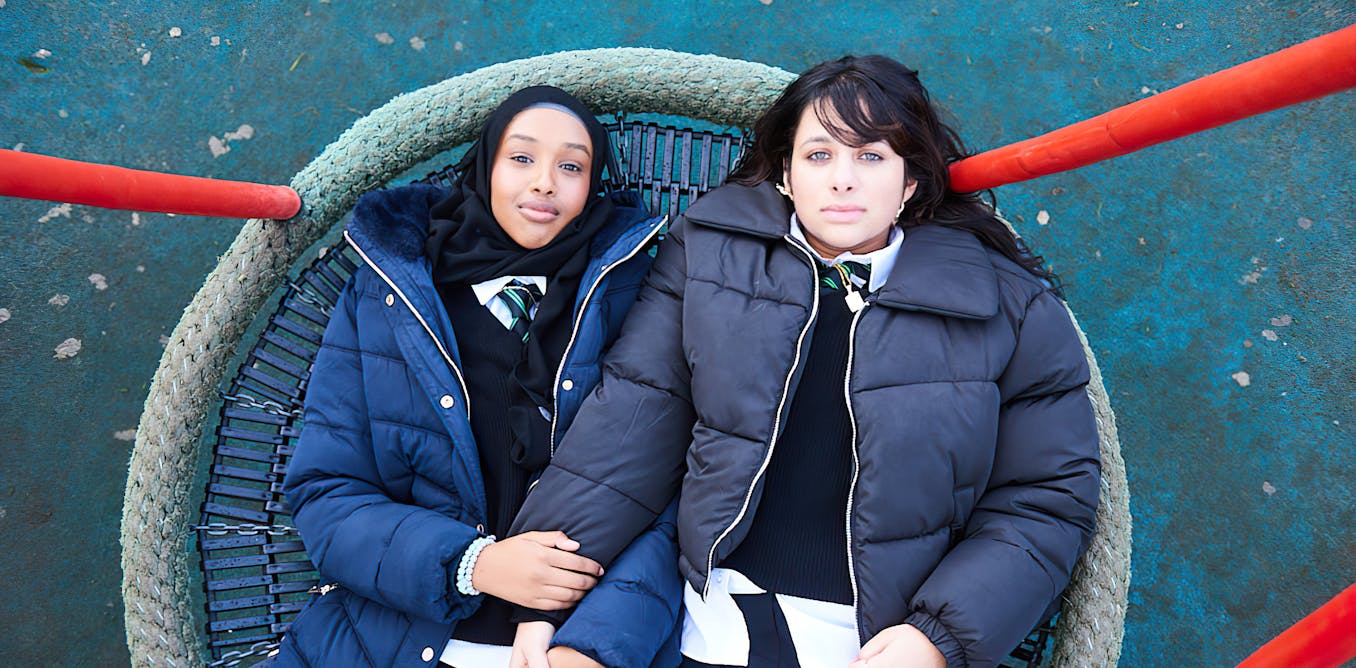
The post “Brides offers a unique insight into the roots of far-right activism and Islamophobia in Britain” by Naida Redgrave, Senior Lecturer in Creative Writing & Co-Course Leader in Journalism, University of East London was published on 10/08/2025 by theconversation.com







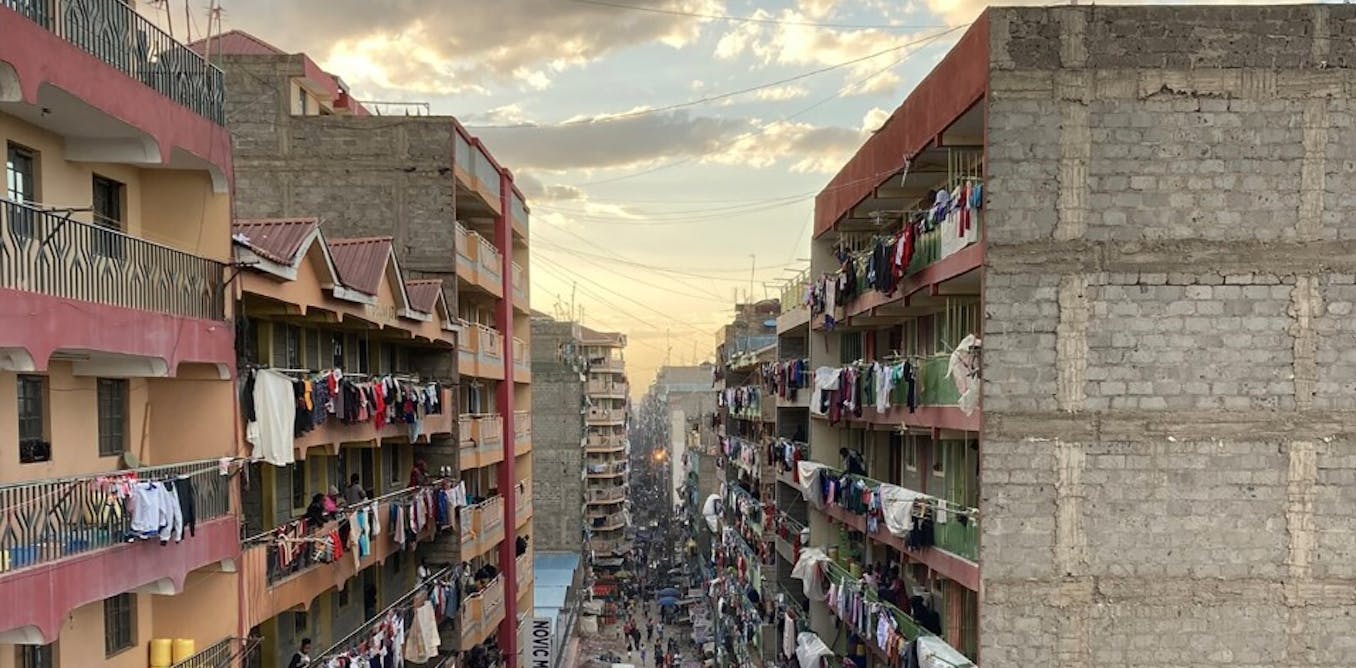

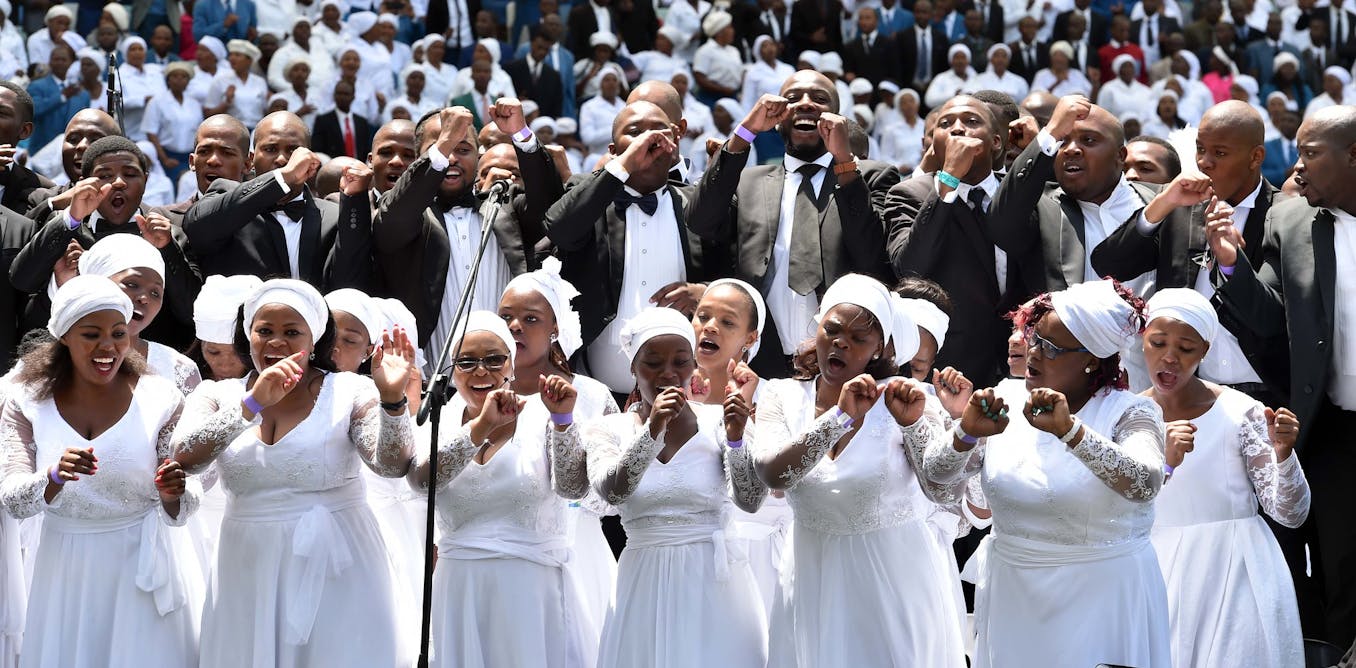


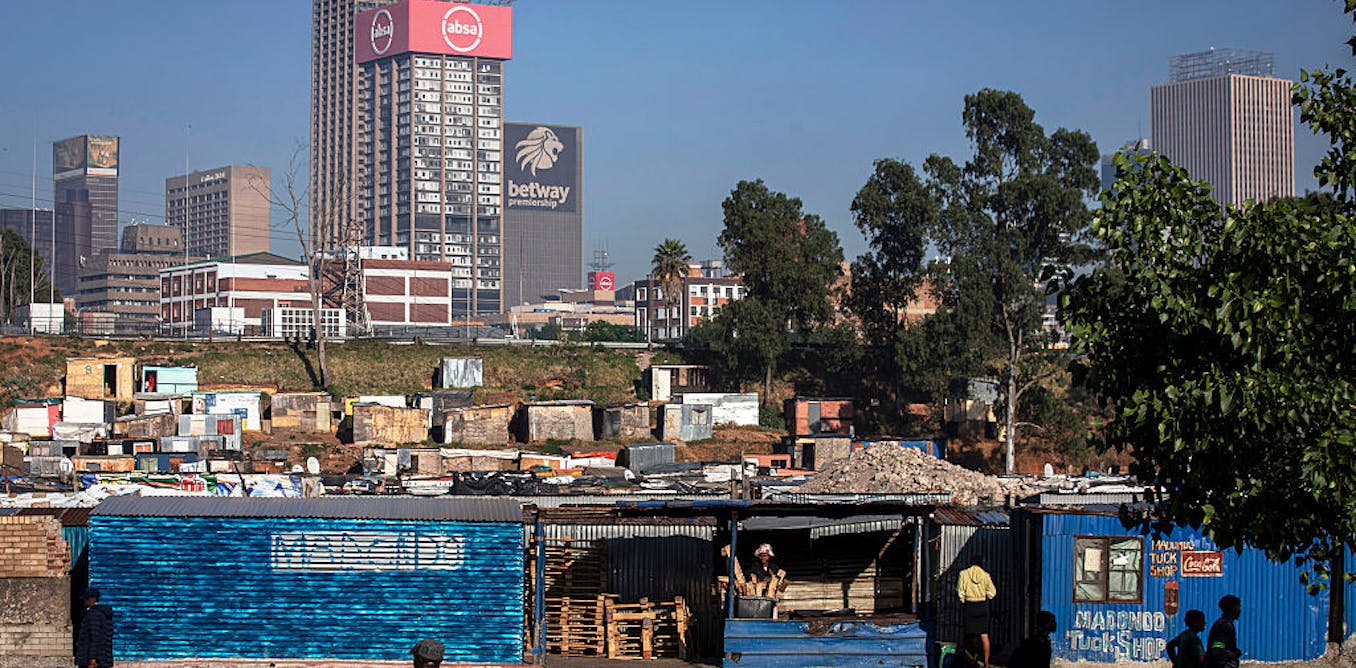
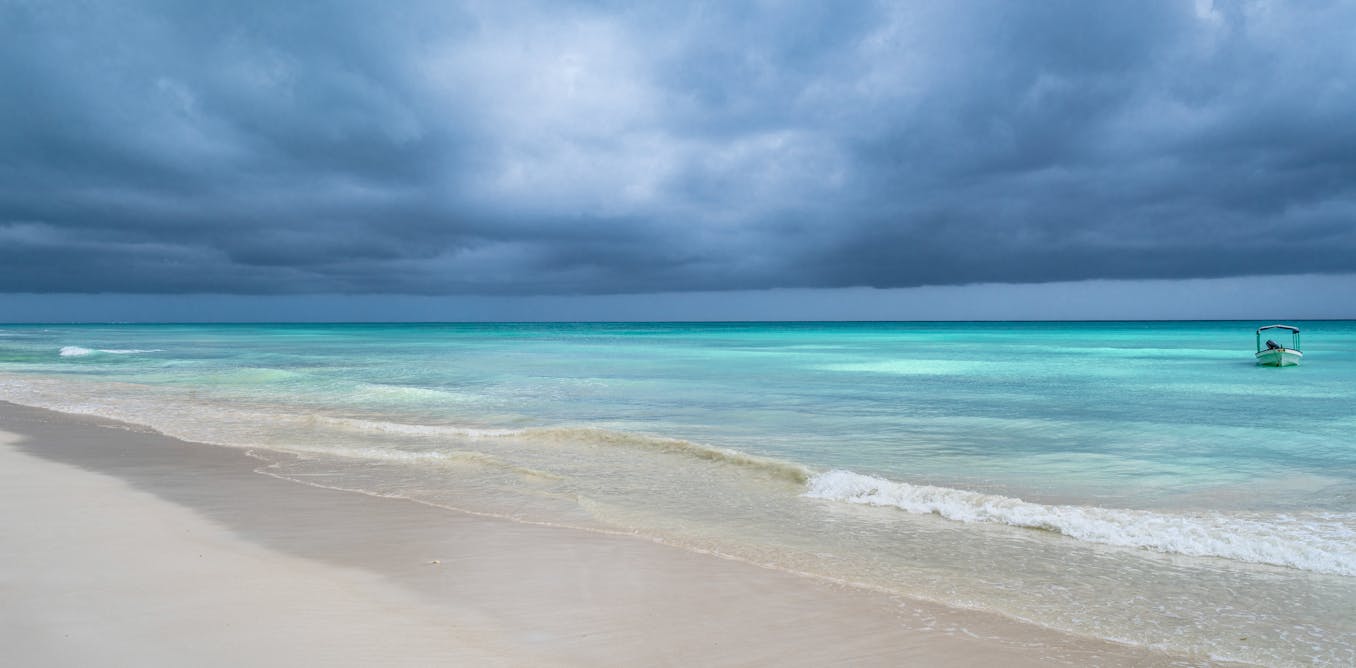























Leave a Reply